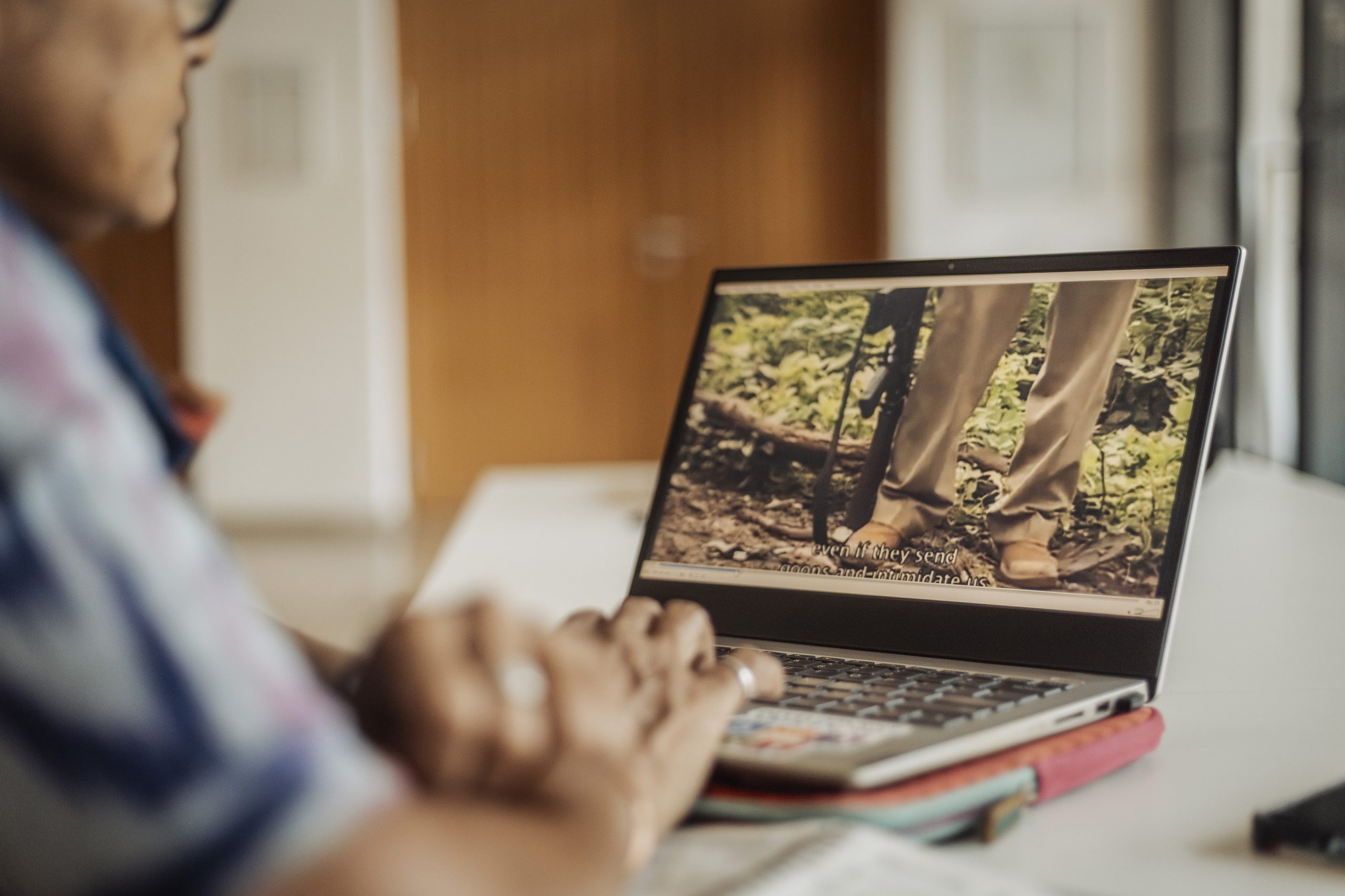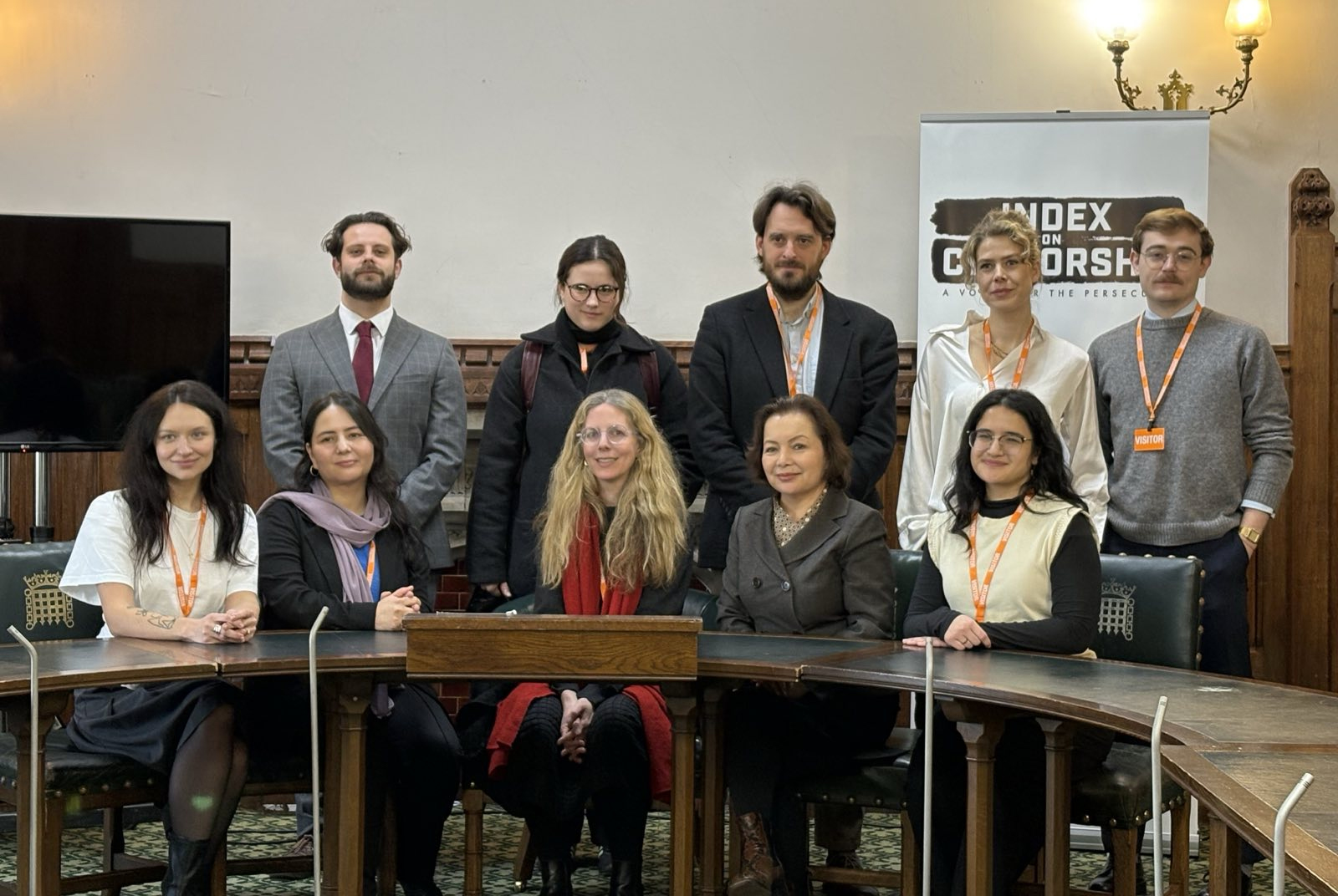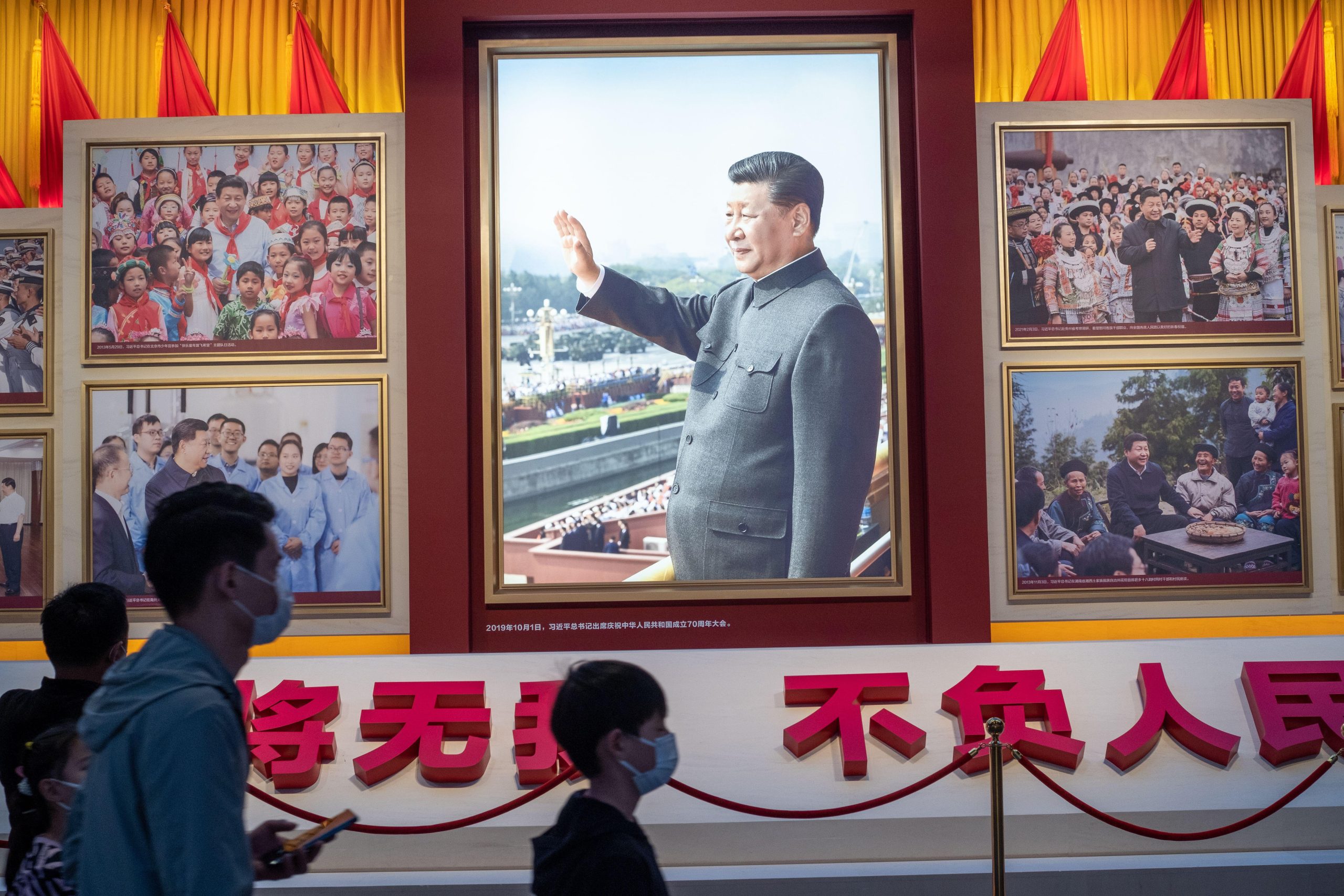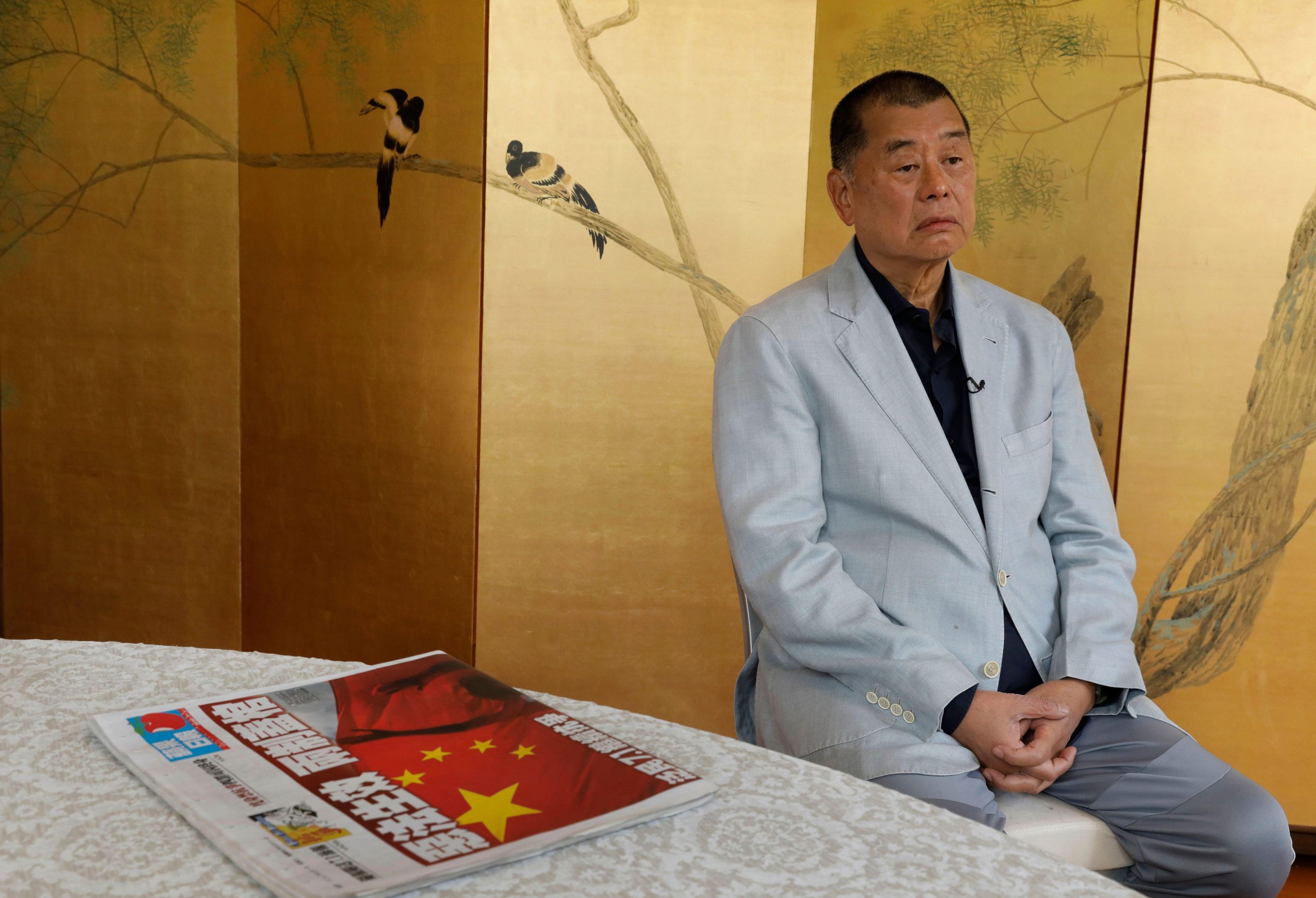A new survey of more than 200 environmental defenders from around the world show they are facing increasing online threats of death, sexual violence, doxxing (publishing private or identifying information about an individual online) and other cyberattacks because of their work. Worryingly, the activists say that online platforms are not doing enough to address these threats and the abuse and harassment is increasingly translating into real-world violence and intimidation. Defenders also feel that the business models employed by digital platforms are contributing to the problem.
Threats to environmental defenders are almost universal, the Global Witness survey reveals: some 92% of the land and environmental defenders who responded said they had experienced some form of online abuse or harassment as a result of their work. The threats experienced by environmental defenders are widening. The survey found that 77% of respondents had experienced attacks on their work or character, 65% had had their images shared online without their permission, 61% had experienced cyberattacks while 58% had experienced doxxing.
Facebook is the worst platform for defenders, the survey reveals, with almost two-thirds (62%) having experienced abuse on the platform, compared with 37% on X, 36% on WhatsApp and 26% on Instagram.
“Meta therefore holds a huge amount of responsibility when it comes to finding ways to address online harms to defenders,” said the report’s authors.
Defenders believe that the business models adopted by digital platforms are contributing to the harm caused to them.
“Social media companies use algorithms that can reinforce biases and reaffirm beliefs to keep users engaged and maximise time on the platform. This can create echo chambers, deepen divisions and fuel extremism,” the report said.
One defender told the survey’s authors, “Hateful comments get more traction.”
The report features testimonies from a number of environmental defenders who have received online threats because of their activism. They have asked not to have their full names published.
Warom has been working with environmental defenders in the Congo basin for nearly three years to help defend Indigenous land rights and enforce environmental protections. He also works at a radio station raising awareness of local environmental and human rights issues. He has been targeted for his activism.
“As part of our work, we sometimes document and expose abuses related to land grabbing and resource exploitation,” he said. “Already we have seen that Indigenous lands have been grabbed, and communities have been displaced and evicted, without proper consent or compensation. As a result, we believe we have been subjected to surveillance, which has included phone tapping, monitoring of our online communications, and other kinds of digital spying.”
He added, “Digital platforms have been used to spread disinformation about us. We have been falsely accused of being terrorists, and of having taken illegal payments by foreign organisations in return for our work. Our attackers use many different platforms to spread these lies – sometimes they use WhatsApp, other times they use YouTube, other times they text us directly or speak about us on the radio.
“In 2022, there was a group of people who decided they wanted to ban our radio station because we were spreading information to help local communities hold on to their land title. They spread lies – saying we wanted to grab the land for ourselves. They issued threats on Twitter and on WhatsApp – telling me they were planning to kill me and two of my colleagues.”
Sharanya has been working with NGOs in the Odisha region of India for more than 20 years.
“This region is very rich in bauxite, so there are many mining projects there that have been forcefully pushed by the government sometimes using military power. Along with a few others, I have stood alongside Indigenous communities who oppose these mining projects. These communities are fighting for their land rights, against evictions, and against harassment by the police. This resistance has been met by violence. We use social media to document this violence as well as the environmental destruction these projects cause. For example, we have posted videos on our Facebook page showing the beating of protesters, and videos showing how mining companies are releasing their wastewaters into rivers which local communities are using.”
Sharanya said, “We have been attacked online and offline for doing this. For example, when we helped stage a protest against one mining project, people took our photos and circulated them on WhatsApp, accusing us of brainwashing indigenous communities and identifying our personal information like our home addresses. After these online attacks, the police showed up at our door and accused us of being criminals and served us trespassing notices.”
Fanø from Denmark manages social media, logistics and outreach for Extinction Rebellion.
He said, “I often managed the live-streams that we did during our protests. On more than one occasion, people have sent threats to us during these livestreams. Some of them were so concerning I took a screenshot so I could report them. They have said things like ‘If I were there, I would run you over with my car’ or ‘this is why I have a shotgun.’”
“I reported these threats to Facebook, who said they would investigate, but nothing seems to have happened,” said Fanø. “Facebook should stop people from sending these types of threats, but right now it seems like they are going the other way. It looks like now people are pretty much free to say anything to us, even death threats.”
The research reveals a growing link between online and offline harm.
Speaking to Index, Hannah Sharpe, a senior campaigner at Global Witness and co-author of the report, said, “We already knew that environmental defenders experienced a lot of offline harms. Our London environmental defenders team publish a report every year, and that tries to get a sense of the offline harm that they experience. This is the first time that we’ve really looked at the relationship between online and offline, and for a lot of them, they felt that online was laying the groundwork, and it was this sort of warning sign that offline attacks could be imminent.”
Some 45% of respondents had faced offline threats of physical violence while 28% had received threats to their family, friends and coworkers. These threats often materialised: 22% had experienced physical violence, 10% had had their homes attacked and 3% had been subject to sexual violence. Thirty percent of respondents had been unjustly accused of behaving illegally regardless of the actual legality of their actions.
Many of the threats appear to be coming from anonymous trolls and bots.
“Defenders who responded to our survey also report that some bots and trolls operate behind anonymous profiles, allowing them to harass with impunity. While most digital platforms have policies prohibiting inauthentic accounts and spam, they sometimes fail to effectively enforce these policies, giving abusers license to escalate harms unchecked,” the report said.
One respondent told the organisation, “Troll farms are rampant. Pages with big followings are bought and used by troll farms to reach even bigger audiences.”
Sharpe said that the trolls are being empowered in the new world being architected by climate change denier and oil fan President Donald Trump.
“I think maybe that shift has given other people licence to speak out more online. I think it’s really hard for activists to have a voice at this time. A lot of defenders were using online platforms for organising as part of their work, especially in Covid. We had a lot of people talking about that: they couldn’t be on the ground and they turned to social media platforms instead. As a result of the abuse and harassment, a lot of them have gone quiet online, it’s really silencing the movement.“
The rise of “free speech” online under Trump and the decline in content moderation at social media platforms is having a particularly worrying effect. Earlier this year, Meta CEO Mark Zuckerberg announced significant changes to its community guidelines, admitting that their content moderation efforts would “catch less bad stuff”.
Sharpe said, “Environmental defenders see social media as essential for their work, it is really important for organising, raising awareness, finding an audience and engaging with other activists. All the defenders we spoke to were unsatisfied when they’ve reported issues and the platforms haven’t responded in a satisfactory manner. The platforms should be doing more.”





